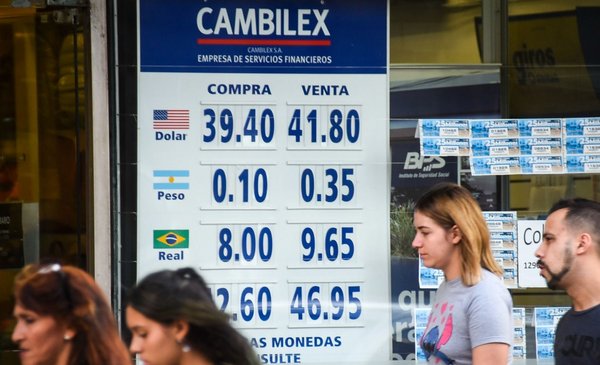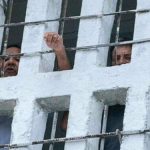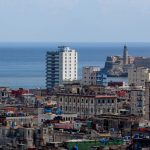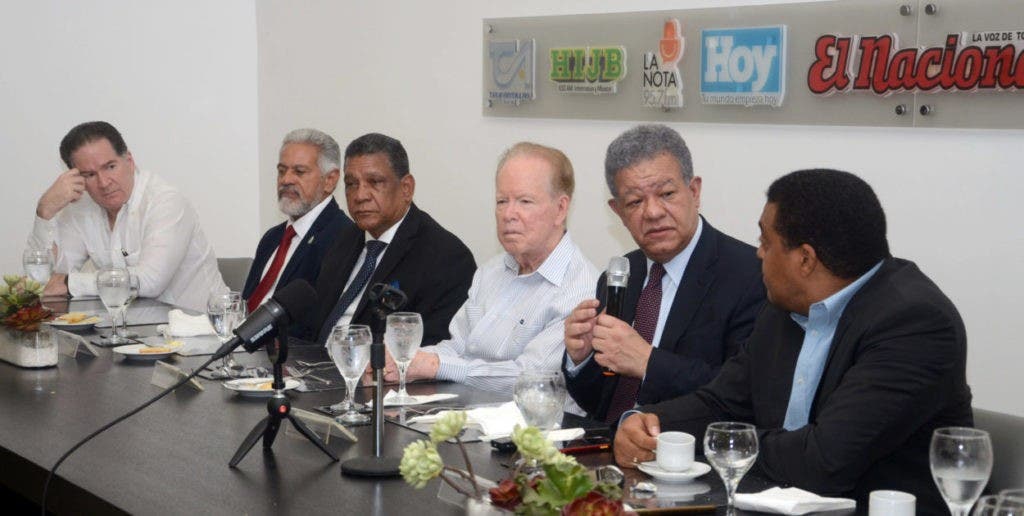The interbank dollar operated without a definite trend in the local exchange market this Wednesday, after the sharp drop of more than 2% recorded on Tuesday. In the average of wholesale market transactions, the currency fell 0.3% to $40.48. Nevertheless, the last transaction of the day was agreed at $40.60 (+0.6% compared to Monday), according to Bevsa data.
In the accumulated In May, the dollar fell 0.9% against the Uruguayan peso and 9.5% so far this year.
On the blackboard the public of the BROUthe dollar closed at $39.40 for purchase and $41.80 for sale, 20 hundredths above Tuesday.
What did the president of the Central Bank say?
The Central Bank of Uruguay (BCU) decided this Tuesday to increase the interest rate by 0.75%, to 9.25% and start a contractionary phase of monetary policy to anchor the inflationary expectations of agents to the target range of 3% to 6%, which will be in force for the next 24 months.
Some analysts believe that this decision by the monetary authority generates excessive downward pressure on the exchange rate in Uruguay. The BCU also announced that it foresees another two increases of 0.5% in the rate for the next two meetings of the Monetary Policy Committee (Copom).
After speaking at a luncheon at ADM, the president of the Central Bank of Uruguay, Diego Labat, downplayed the sharp drop that the US currency showed this Monday. In statements to the press, the chief indicated that what happened in Uruguay was similar to what happened in other emerging markets such as Brazil and other economies in the region.
“Sometimes it depends on financial sentiments that may exist in the region of retirement or capital income that end up playing, particularly in Brazil, and that spreads to Uruguay and other countries,” Labat explained.
“The exchange rate in Uruguay floats freely and depends on free supply and demand,” the BCU president reiterated. The hierarch indicated that the BCU maintains its decision to intervene in the event that it is considered that there is “very great volatility” or there are “rare conditionss” in the market. “It is not what there is now and there was no reason to intervene,” he said.
Labat indicated that today the monetary authority “does not have any indication” to manage that the country is suffering from an exchange delay. “We measure what is called the fundamentals of the exchange rate and the exchange rate today is at levels very similar to the fundamentals,” he added.
On the other hand, the president of the monetary authority said that he had a “very optimistic and clear” vision of the performance of the Uruguayan economy. “We see a level of growth more or less in line with what we saw last year and what the Ministry of Economy is forecasting (4.5%) and a similar 2023 as well. We do not see any major threat to the economy today. Obviously that there are risks that may come from abroad, but we clearly see a very firm and consolidated level of activity, with a lot of optimism for the future,” Labat stressed.
In this sense, the chief gave as an example the development of the financial sector in Uruguay with the “constant” arrival of foreign companies to settle in the country. “This that I see in the financial system is clearly happening in many sectors of the economy,” he added.


















